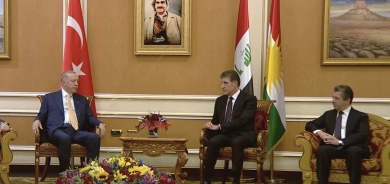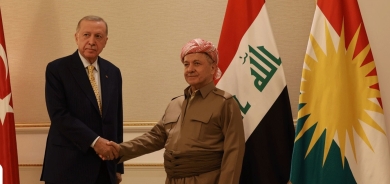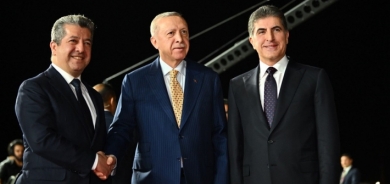Mukhabaraat States

If they truly fight for freedom and democracy, today’s Syrian opposition had better think carefully about their attitude towards Syrian Kurds. After spending decades as Syria’s most oppressed group, the Kurds do not just demand individual rights. They demand group rights – recognition of their culture and language and the right to use Kurdish wherever they wish, significant local self-government and some sort of national recognition as well, given the fact that they are Syria’s largest ethnic minority.
Denying the Kurds these rights, whether the new state turns out to be another authoritarian regime or a democratic dictatorship of the majority, will require repressive force. That should alarm all Syrians rather than just the Kurds. Suppressing the legitimate aspirations of some two million Kurds in Syria, you see, would require certain kinds of institutions. The legal system, from the constitution to the courts, would have to be structured in ways that allow the state to curtail what most of the world views as fundamental human liberties. When two million people protest such unjust legal strictures, police and military forces need to be deployed, to arrest people en mass, imprison them, and at times massacre them. Continuing to deny the Kurds, therefore, requires a “security state,” or what Arabs refer to as al-dawlat al-mukhabaraat.
If Arab nationalists in Syria think they can create a state that denies the Kurds their rights but protects everyone else’s liberties, they need to think again. Constitutional provisions and laws that deny someone freedom of expression and association, for instance, can typically be used against a wide variety of political dissidents. Just look at how the state in Turkey uses laws against insulting Turkishness or threatening the unity and territorial integrity of the state to arrest practically anyone the government wants – there’s a reason, after all, that Turkey has more journalists in prison then any other state in the world. Just look at how the Iranian state uses laws against “contradicting the tenets of Islam” to bar anyone it wants from running in elections. Additionally, domestic spy agencies, internal police and republican guard military units used to repress the Kurds can just as easily be used elsewhere as well. If history serves as a guide, they will be. Mission creep and previously unforeseen consequences state power appear to be the rule rather than the exception.
Syrian Arabs, as well as Turks, Persians and Iraqi Arabs, should therefore finally understand that as long as the Kurds are not free, they can not be either. The iron bars they forged to cage the Kurds have already ended up imprisoning them as well. As they struggle to overturn the dictatorships that oppress them today, they need to do away with cages all together if they plan to build truly new states. In some cases, that may even mean allowing the Kurds to go their own way, as South Sudan and others did. In other cases, more than one nation may come to live together in one state more comfortably, as Arabs and Berbers do in Morrocco, as French and English do in Canada, as Flemish and French do in Belgium, or as German, French and Italian do in Switzerland.

 David Romano
David Romano






